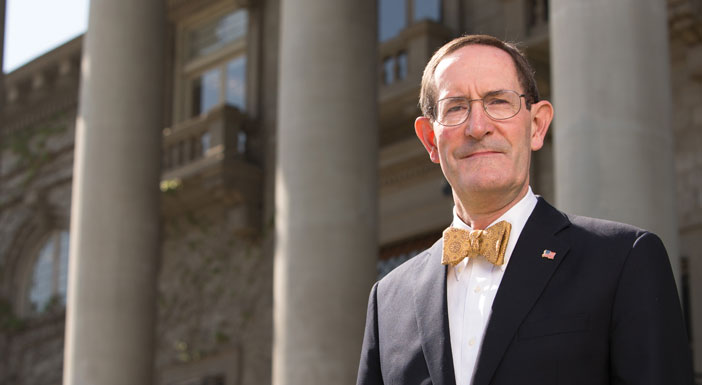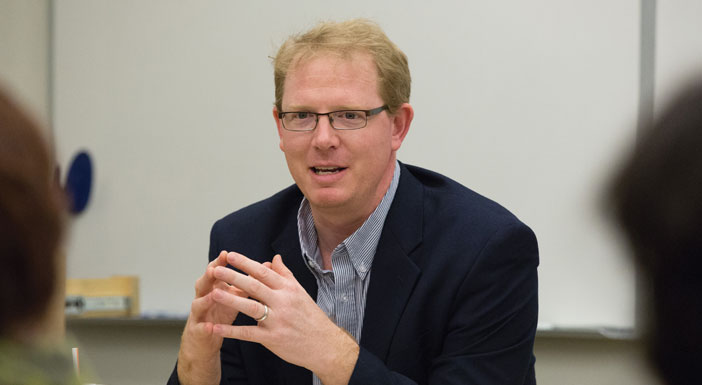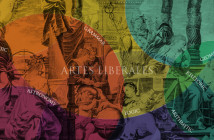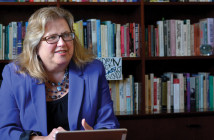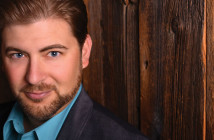Within the context of a liberal arts university, what is the role of the graduate and professional Schools of Education and Business at Redlands?
Alimited view of liberal education unnecessarily creates divides where natural connections and advantageous relationships might exist. According to Jonathan Brand, president of Cornell College, this is particularly true of the “liberal arts-professional divide,” which, he noted in a June 30, 2015 article in Huffington Post, “assumes that the arts and sciences represent a rigid and unchanging curriculum that is entirely detached from professional sectors … such a simplistic statement does not track reality.”
According to School of Education Dean Andrew F. Wall, the reality of students’ lives is an important consideration in the School. “We serve a diverse student population, from recent college graduates to mid-career professionals. They are career-minded and they come to us for a secondary degree or a credential, but life is unpredictable, and we think about that.” Wall points to data that indicates 50% of teachers leave the profession in their first five years, which underscores the need to prepare students “sufficiently for the reality of movement in their lives and their careers,” he said. For Wall, professional education that is too narrowly focused does a disservice to students. “I see a distinct advantage to having professionally focused programs in a liberal arts setting. A broad education supports our students’ work lives, but I think it also supports their quality of life.”
Wall’s counterpart in the School of Business, Interim Dean Keith Roberts, shares a similar approach to professional education and sees great benefits to what he calls “a liberal arts-infused education.”
“Yes, we teach business and management theory and application, but we want even more for our graduates,” said Roberts. “We want them to communicate effectively, think critically and act ethically in their personal and professional lives.” Roberts highlights the School’s Banta Center for Business, Ethics and Society as an example where liberal arts scholarship blends with professional practice and fosters University-wide dialogue on the topic of ethics. Despite the inherent differences between the three schools at Redlands—College of Arts and Sciences, School of Business and School of Education—Roberts sees a false divide between professional education and liberal education. “I have been asked what it is like to have a School of Business at a liberal arts university,” said Roberts. “My response has always been that we are not simply a business school at a liberal arts university—we are a business school with liberal education infused into our curriculum, and we are very proud of that heritage.”


